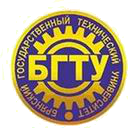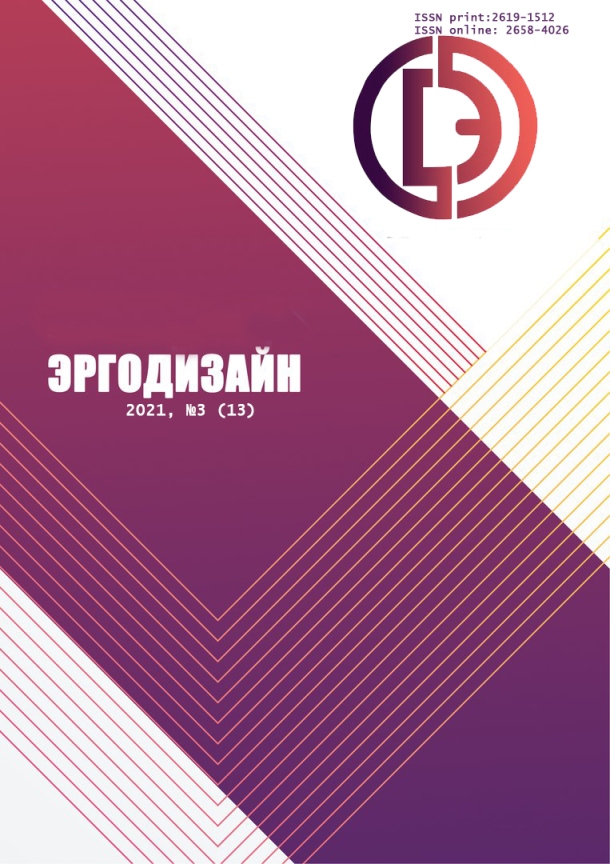St Petersburg, St. Petersburg, Russian Federation
St. Petersburg, St. Petersburg, Russian Federation
The aim of the work is to identify the functionality required by mobile messengers for convenient online communication between pupils and high school students. To achieve this aim, a survey of 116 questions was developed, which adjusted to the respondent’s answers and reduced its volume in order to avoid the respondents’ fatigue and to decrease the time spent on completing the survey. An online survey of students aged 16 to 24 living in different cities of the Russian Federation was carried out. Then the information obtained was processed, and possible relations between the analysis results were found. Based on the study results, recommendations were formed to improve messengers according to the students- users’ goals and objectives. Now messengers are created mainly for the widespread use. There are already more than a hundred of them, and therefore products need to stand out in order to be competitive. One of the ways to excel is to be narrowly focused, tailored to a specific audience. Since the functionality of the messenger directly affects its popularity, the introduction and refinement of the necessary functions will have a positive effect on the number of users. The analysis shows that developers of instant messengers can improve the efficiency of using messengers by the students and, possibly, reduce the number of installed mobile applications on their devices, and, consequently, decrease the number of competitors for their target audience.
messenger, communication, analysis, user, students, functionality, efficiency
1. Zonova, M. V., Nikolaeva, N. A. On the Experience of Using the WhatsApp Messenger When Teaching a Foreign Language. Science and education: preserving the past, creating the future. Proceedings of the 13th International Scientific and Practical Conference (Penza, December 5, 2017) in 3 parts. Penza, Nauka i prosveshcheniye [Science and Education], 2017, Part 2, pp. 189-191.
2. Tsvetkova, L. A. Kuznetsova, P. P., Kurakova, N. G. Assessment of the Mobile Medicine Prospects - mHealth on the Basis of Data from Scientometric and Patent Analysis. Vrach i informatsionnyye tekhnologii [Physicians and IT], 2014, no. 4, pp.66-77.
3. Chernyshenko, O. V. Potential of WhatsApp Messenger while Organizing Distance Learning of the Discipline “Pedagogy and Psychology” at Medical Higher School. Pedagogika. Voprosy teorii i praktiki [Pedagogy. Questions of Theory and Practice], Tambov, Gramota, 2020, no. 3, pp. 407-411.
4. Babeshko, V. N., Koloskov, S. S., Samochadin, A. V., Grebennik, A. G. Motivational Aspects of the Application of the Mobile Technologies in the Educational Process in Higher Educational Institutions. Scientific Bulletin of Belgorod State University. Series “Economics. Informatics”, 2015, no. 19 (216), pp. 144-151.
5. Makarchuk, T. A., Minakov, V. F., Artemiev A. V. Mobile Learning Based on Cloud Services. Nauchnoye obozreniye. Pedagogicheskiye nauki [Scientific Review. Pedagogy Science], 2014, no. 2, pp. 29-30.
6. Media Consumption in Russia - 2020. Research Centre of the company “Deloitte” in the CIS, pp. 34. Available at: https://www2.deloitte.com/content/dam/Deloitte/ru/Documents/technology-media-telecommunications/russian/mediapotreblenie-v-Rossii-2020.pdf. (Accessed 12 June 2021).
7. Social Networks and Messengers. Fund of Public Opi-nion MEDIA. 2021. 23d of March. Available at: https://fom.ru/SMI-i-internet/14555. (Accessed 12 June 2021).
8. Reznikova, A. V., Vnukovskaya, A. V. On the Issue of a Possibility of “WhatsApp” Messenger Use as a Didactic Plat-form and a Means of Psychological Adaptation of the Foreign Students within Teaching Russian Language as a Foreign one. Vestnik Ufimskogo yuridicheskogo instituta MVD Rossii [Bul-letin of the Ufa Law Institute Ministry of Internal Affairs of Russia], 2019, no. 4 (86), pp. 183-187.
9. Deale, C., Asanova, K. Working with WhatsApp: A Case Study of its Use in Crosscultural Education Focusing on Tour-ism and Leadership. Reforma, 2018, vol. (77), pp. 48-54.
10. Poplaukhin, A. B. Communication Using Messengers in the School Community: Sociological Analysis. Zhurnal sotsi-ologicheskikh issledovaniy [Sociological Studies], vol. 3, no. 4, 2018, pp. 40-48.
11. Golubeva, G. F., Trishin A. A. Massive Open Online Courses in Russia and Abroad from a Global Information Space. Ergodizayn [Ergodesign], 2018, no. 2 (02), pp. 8-14. DOI: 10.30987 / article_5bf98b63306ed0.91342378.
12. Khokhlova, M. V., Trutnev O. I. Design of Lifelong Learning Using Massive Open Online Courses. Ergodizayn [Er-godesign], 2019, no. 2 (04), pp. 61-67. DOI: 10.30987 / ar-ticle_5cb221643ff220.06269222











